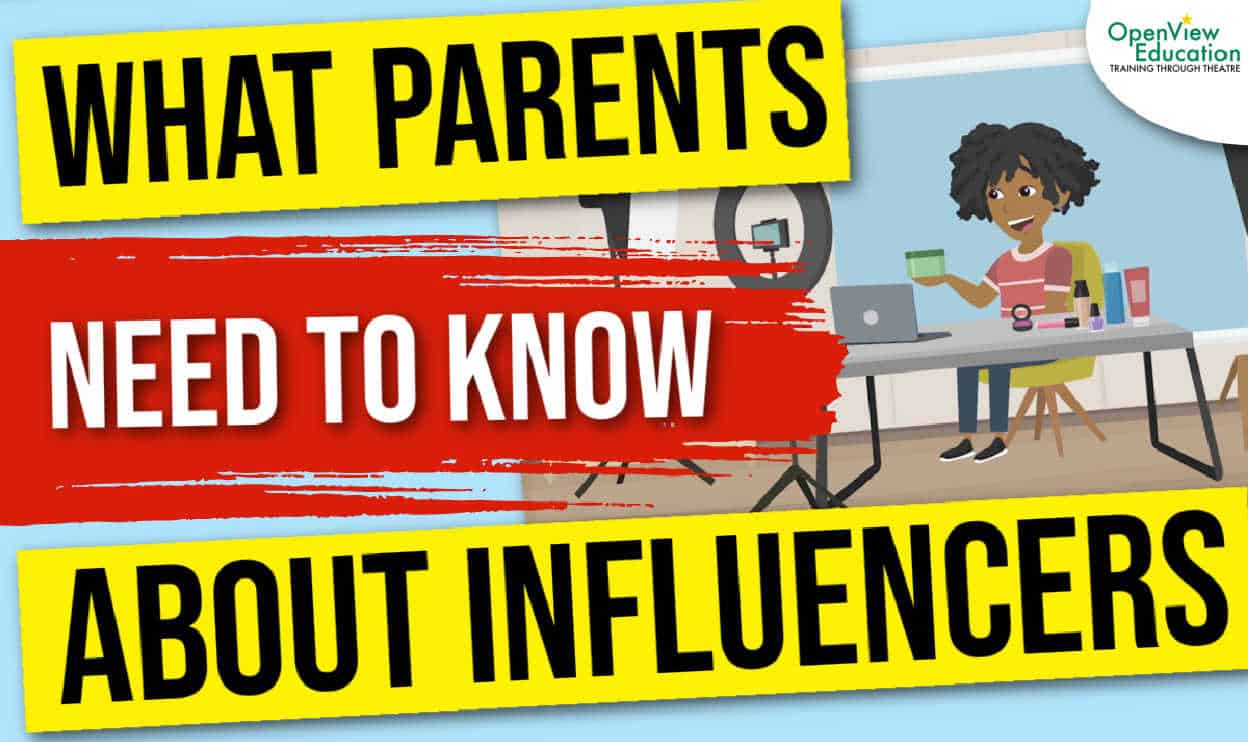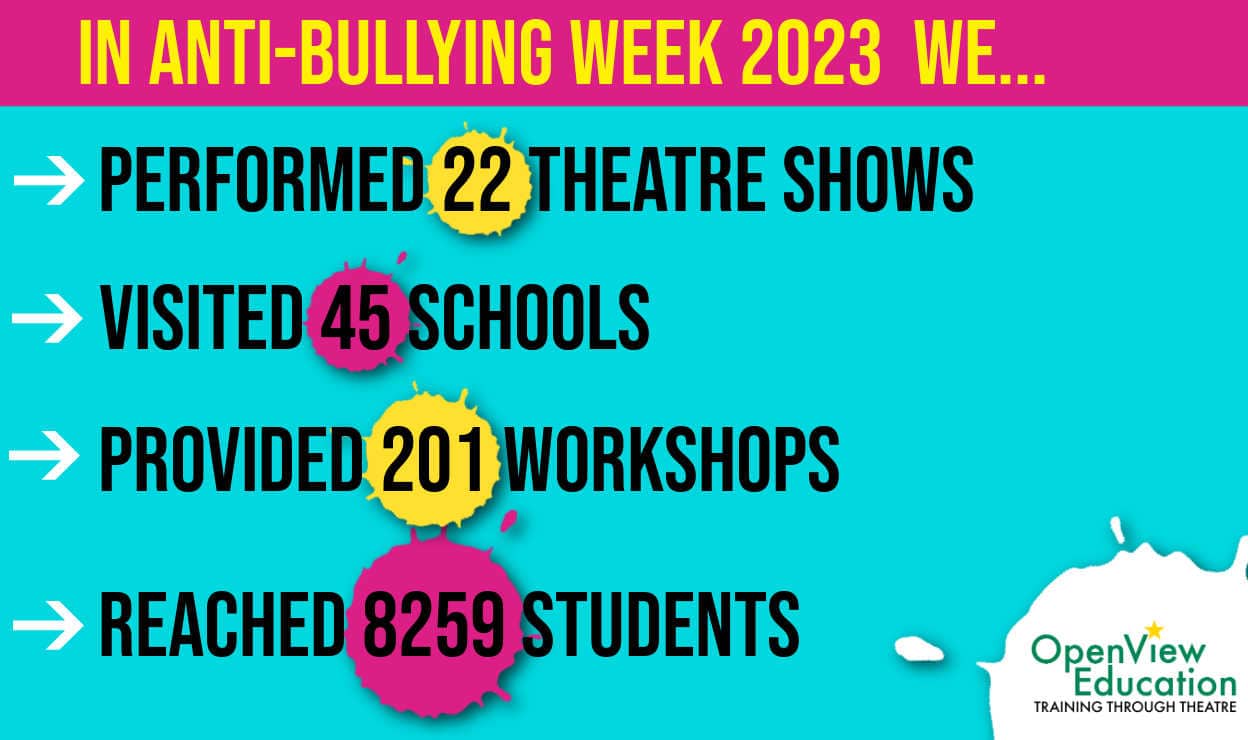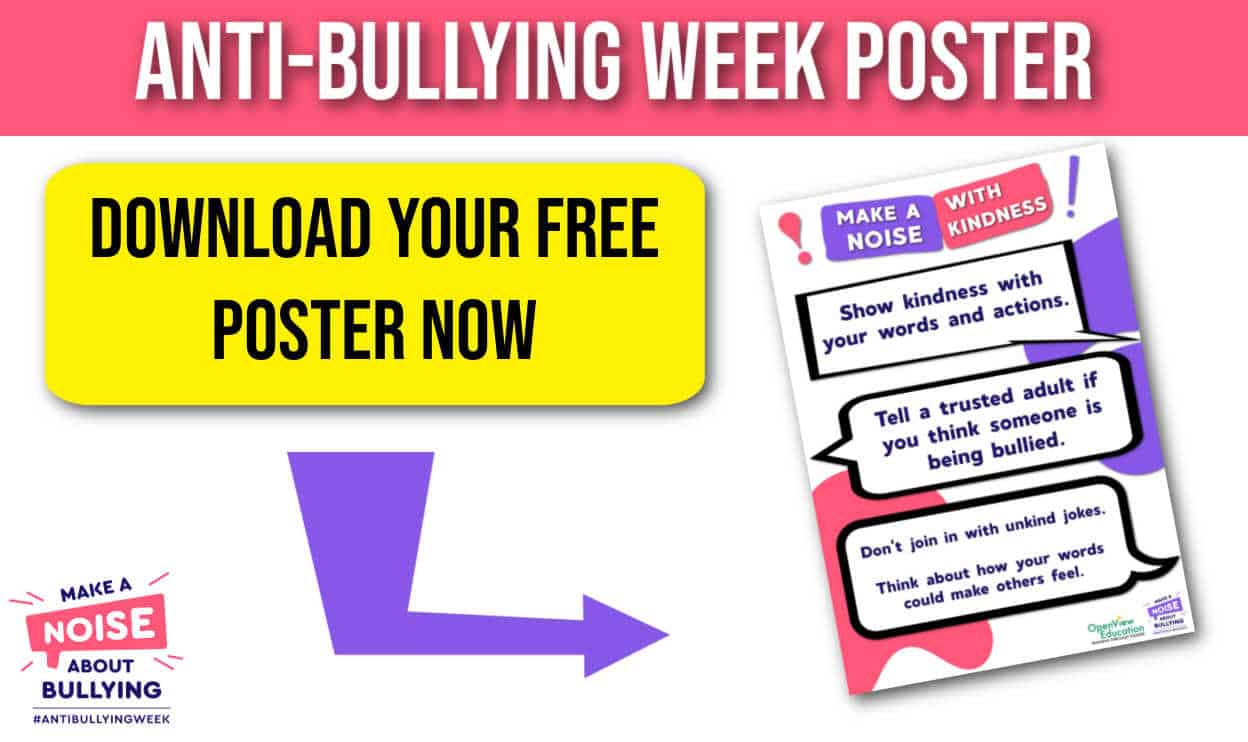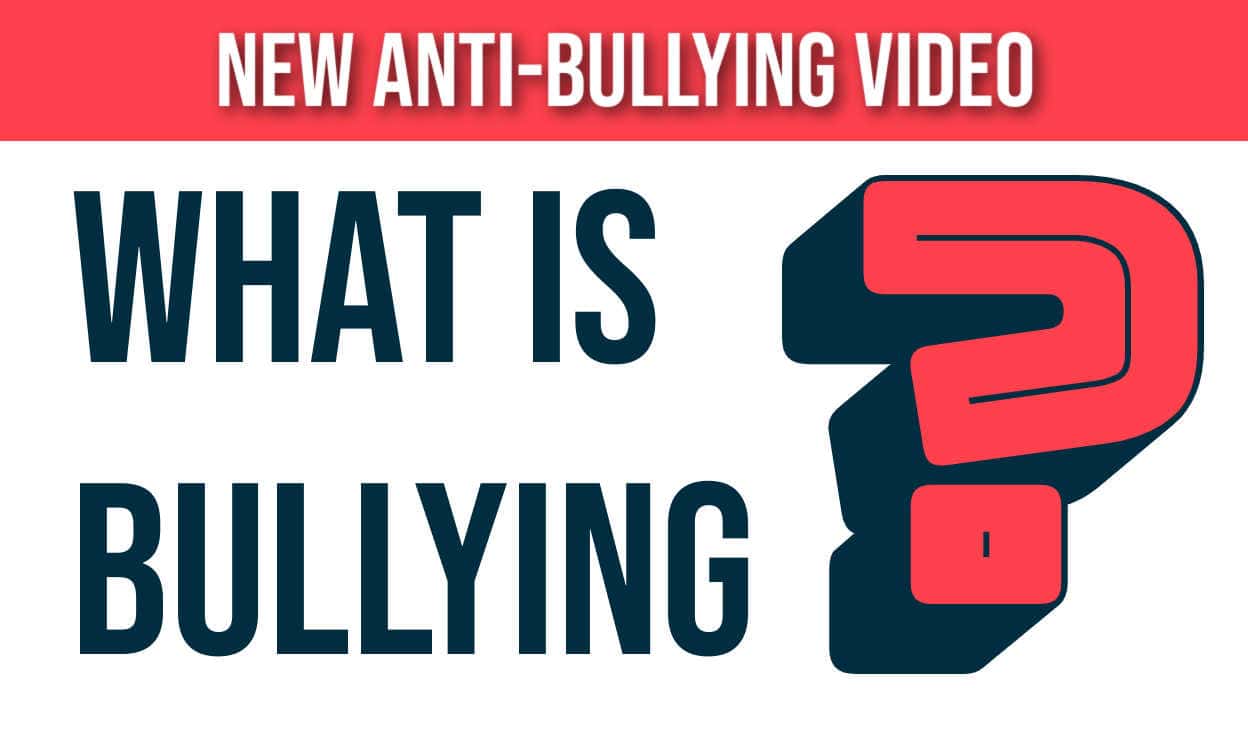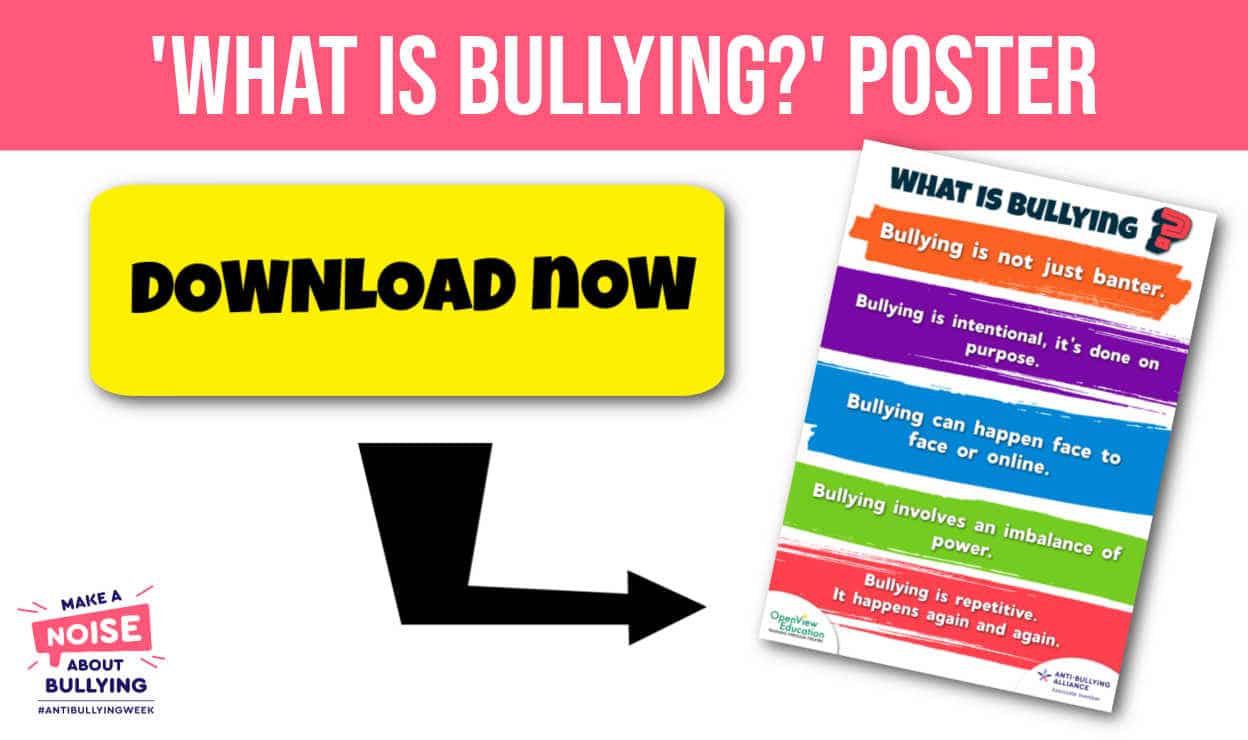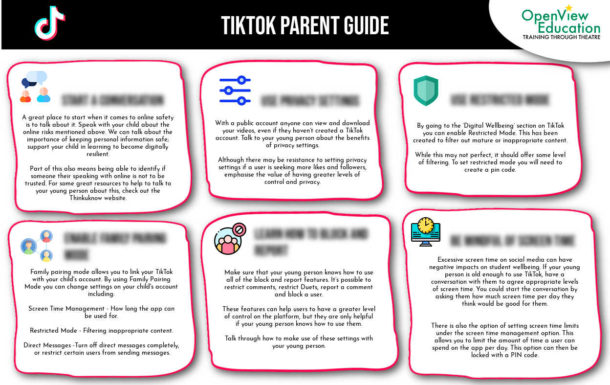Schools are “failing young people on Periods and Puberty Education.”
Schools are found to be “failing young people on #periods and #puberty education” recent studies show.
How can it be that a staggering “47% of women felt unprepared and didn’t know what to expect when their period started?” – (Betty for Schools, 2017) Why are young girls not being prepared emotionally and mindfully for when they are about to experience this change?
I thought about my time growing up, and my Mother’s positive and informative influence about periods. I thought about the chance that a lot of young women may not have had somebody to turn to, so I did some research of my own, around people my age, to see how their experience compared to mine.
Nikita, aged 27: I think my Mum might of spoken to me, but I don’t remember if she did. I’m fairly sure the School warned us but I don’t think I really was prepared at all. I think I would have liked clearer information. I would have wanted someone to say: “There will be blood in your knickers.” When I came on my period I screamed because I was so shocked at the blood and my Mum had to come to the toilet because I thought I’d hurt myself.”
Amelia, aged 26: My Mum spoke to me about periods, but not a huge amount, I read a lot of teenage magazines that were really informative, they always had advice on periods and what to expect. We learned enough in School to understand what periods were, but we probably weren’t taught enough about how bad periods can actually get for some girls and what you can do about it. I think I learned how to use tampons through the information leaflet in the pack, and also advice in teenage magazines. I don’t think that was fully explained at School. There needs to be less of a “bread and butter” approach. More in depth information about how periods can affect everyone differently. My School explained periods before hand, but I was around 13 or 14 when I got mine, so plenty of girls would have already had theirs. It would have been too late.”
Alisha, aged 27: I had no period education from my Mum or my School. The only menstrual education we had came far too late and was based around science. Nothing that focused on our mental well being at all. I was 12 when I got my period. I was walking home one day when I got a terrible pain in my stomach. I felt something warm in my underwear and started to panic. I went to the toilet when I got home and I was terrified by what I saw, I thought I was dying. I went to my Mum, crying, and explained what I’d seen, to which she responded, “wait there” and after about 5 minutes came back with a box of what I now know to be tampons. No explanation, no guidance, nothing to tell me what was happening to me. I was beside myself. The internet wasn’t as easily accessible as it is now and I couldn’t look anything up. I didn’t tell anyone for months, I had no idea what was happening to me and I didn’t know what the tampons were even for. I remember it as a very distressing and upsetting time. I absolutely would have benefited from a better period education, any period education would have been good.”
Why is it that young women recall learning about periods via magazines and leaflets, mainly after it’s happened to them? Why do most young women not recall their parents or carers talking to them in detail? I started to think my elaborate period education from my Mother was in the minority. I read articles online and found that most young people claimed that Relationships and Sex Education was “too little, too late and too biological.” – (RSE Hub) Yes, young people need to understand why things happen to them. But surely shouldn’t they also understand how they might feel? Isn’t this just as, if not more important?
I felt let down by my findings, I wanted to change things.
I thought about how I struggled with my confidence growing up, and how being equipped to deal with my periods was one less thing to worry about. Whilst I found them challenging because they were painful and affected my mentality, I never worried about them. My Mum may as well have made me a sanitary towel costume for fancy dress parties I was that comfortable with the idea of periods.
I thought about the challenges young people face today. I thought about how things could be so different if someone was willing to stand up and talk about periods and puberty in a way that wasn’t terrifying. In a matter of fact, amusing, informative way.
I wanted to take steps towards a better period and puberty education for everyone. Boys and girls, men and women. I heard recently from a friend who told me that her boyfriend didn’t know there were different sizes of tampons. He is 28. I still regularly hear men use phrases like “You on your period or something?” as an insult towards women. I attribute this to a lack of education more than anything else.
Then I thought some more, and as a woman, it would be a clear path for me to lean drastically towards period education. But what about young boys? How would they feel during puberty?
I asked some male friends what puberty was like for them, whether they knew what would happen to them. Most of them responded that when they got their first wet dream, they had no idea what it was. They didn’t understand body hair, or vocal changes, they just “figured it out as time went on.” Don’t young boys need to be prepared for this inevitable part of life, just as much as girls need to be prepared for periods?
As much as there is a need for period education, there is also a need for puberty education too. Research shows that “A comprehensive SRE programme can have a positive impact on pupils’ health and wellbeing and their ability to achieve…” (FPA – The Sexual Health Charity)
In the midst of my thoughts, OpenView Education was born, as was the Periods and Puberty Workshop. The Periods and Puberty Workshop focuses on emotional and physical implications during this new time for young people. It focuses on building respect for women on periods and educates young boys on how to offer support while their female peers go through this new experience. Boys will also learn what happens to their own bodies, including new experiences such as erections and wet dreams, and how they may feel. Girls will learn about both disposable and re-usable sanitary products in an unbiased and informative manner.
Most importantly, they will learn about what is going to happen, before it happens.
Young people will walk away feeling prepared, open minded, and ready to take on this new part of their life with confidence and without fear.
Let’s create a period conversation. An ongoing discussion which results in our society having more respect and understanding for each other.
Check our Preparing For Your Period Lesson plan to start this conversation. It’s time to give our young people the best possible chance of being prepared for our world today.
We’re ready to make the change, will you join us?
